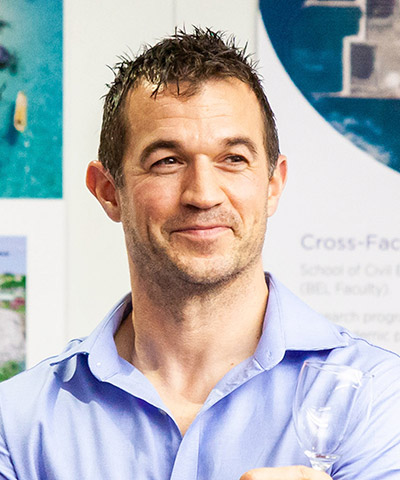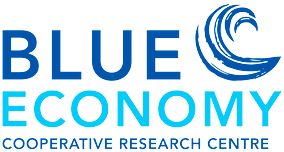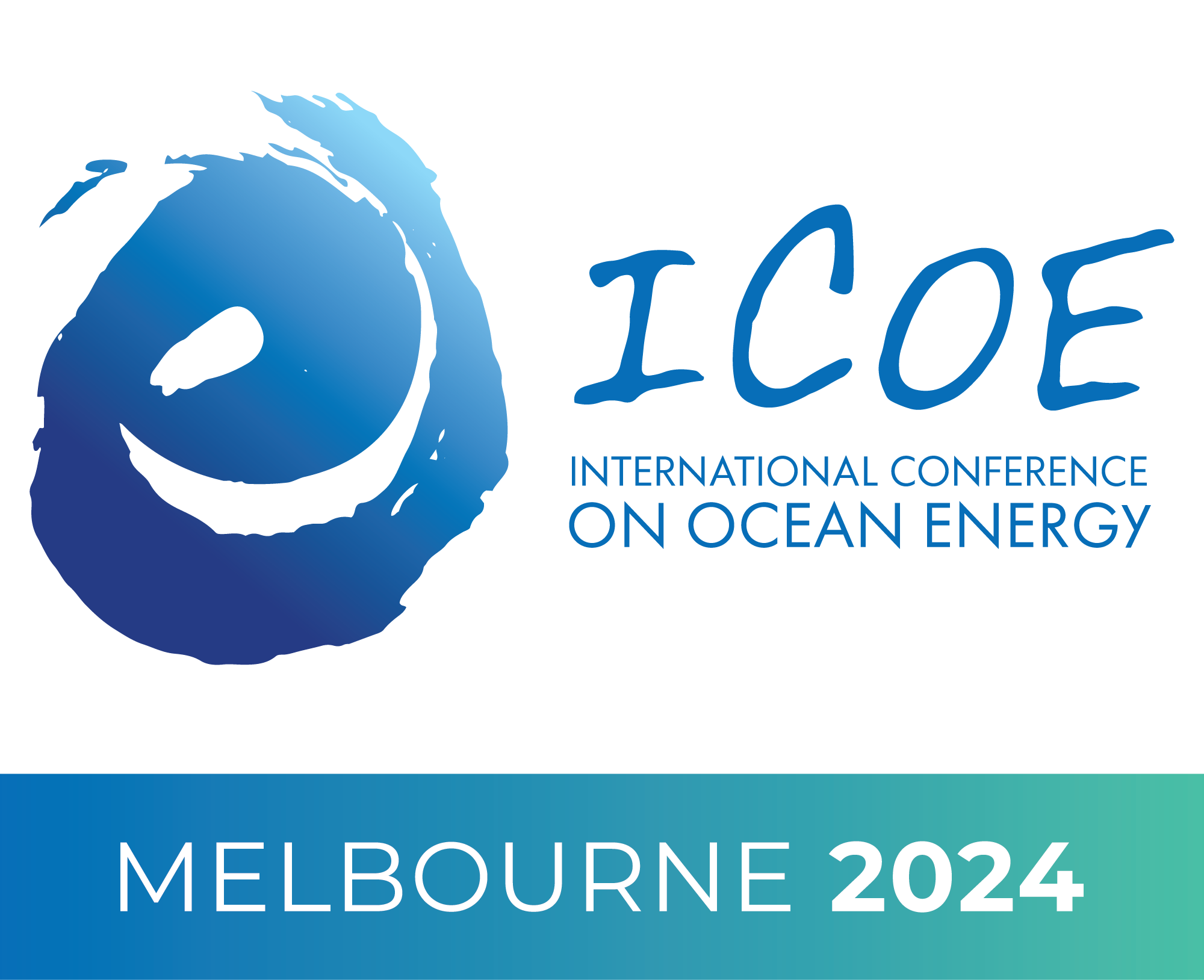
Dr Remo Cossu
DEPUTY PROGRAM LEADER
ENVIRONMENT & ECOSYSTEMS
Remo has over 15 years of research experience in water engineering and joined the School of Civil Engineering at UQ in 2016. Remo’s research projects span over a range of topics such as marine renewable energy, hydrodynamics in coastal areas, sediment transport processes, seafloor mapping and environmental engineering.
Remo started his professional career at the Franzius-Institute for Hydraulic, Waterways and Coastal Engineering at Hannover University, Germany. Remo did his PhD on the hydrodynamics of oceanic gravity and turbidity currents in the Earth Sciences Department, University of Toronto, Canada. He continued his work in Canada as a Postdoctoral Fellow in the Department of Physical and Environmental Sciences at the University of Toronto focussing on turbulence in coastal boundary layers and sediment transport processes in density currents. Before joining UQ, Remo was also working as a Lecturer and Postdoctoral Fellow at the Australian Maritime College (AMC) at the University of Tasmania where he worked on various projects in Tasmanian coastal waters (renewable energy, analysis of tidal currents, pipeline surveys) and limnological processes (Lake Ohau, New Zealand). A career highlight was a research trip with a team of sea-ice experts funded by NZARI to Antarctica (Cape Evans, McMurdo Sound) to analyze characteristics of the sea-ice ocean boundary layer using an autonomous underwater vehicle (UBC Gavia AUV).
Remo’s research over the last years has at UQ is a continuation of his work at AMC with strong collaborations with UTAS. Several projects have created advances in renewable energy site exploration methods aiming to fill a critical knowledge gap in understanding the suitability of candidate sites and linking local conditions (hydrodynamics, geotechnical aspects) with device design. Remo is involved as a lead researcher on several projects, for instance, the AUSTEn project for tidal energy exploration in Australian coastal waters and the recently funded Blue Economy CRC.
Visit: Profile



